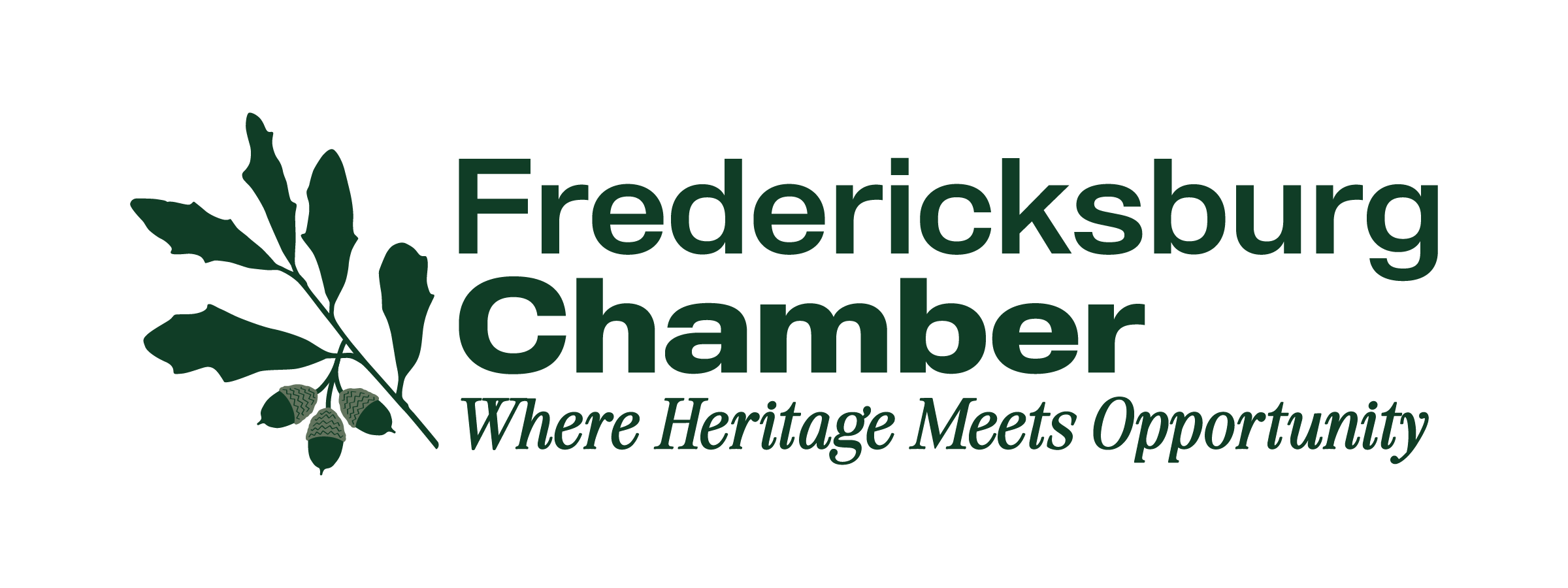Disagreeing Better: A Smart Tactic for Hill Country Business Success

Disagreeing Better: A Smart Tactic for Hill Country Business Success
In Fredericksburg, as our community balances traditional heritage with an influx of entrepreneurial growth—from Main Street shops to the booming Wine Country—disagreements are inevitable. Whether it’s about water availability, land development, or a new marketing strategy, divergent perspectives are a sign of a healthy, dynamic economy.
However, poorly handled disagreement is a drain on time, money, and relationships. It can halt progress, foster resentment, and chase away talent. The good news, as highlighted in the Harvard Business Review article "A Smarter Way to Disagree" by Julia Minson, Hanne Collins, and Michael Yeomans, is that we can get better at it.
It’s Not What You Think, It’s What You Say
For years, the advice on constructive conflict focused on internal feelings: "Try to be empathetic," or "Put yourself in their shoes." The Harvard research offers a smarter, more practical approach: Focus on your observable language.
While your thoughts and feelings might be invisible; your words are not. For a disagreement to be constructive, your counterpart needs to hear and see your willingness to engage thoughtfully. The authors call this "conversational receptiveness."
It’s not enough to feel open-minded; you have to sound it. This shift from internal state to external behavior is crucial for all of us in the local business community—whether you’re negotiating a real estate deal or managing a team at a winery.
Mastering the Language of Receptiveness
The article suggests specific linguistic tactics that anyone can put into practice immediately. These actions signal that you are willing to learn, not just win.
- Hedge Your Claims: Instead of declaring a fact, soften your language to show openness.
- Instead of: "Our current marketing is a total failure."
- Try: "I think it’s possible we could see a greater return with a digital focus." This leaves room for the other person’s counter-evidence.
- Acknowledge the Other Side: Verbally validate the other person's view before presenting your own.
- Try: "I see your point that the tourism sector brings in crucial revenue, and I agree we need to protect that." (Followed by: "At the same time, we need to address the impact on our infrastructure.")
- Emphasize Agreement: Explicitly state shared goals to remind both parties you’re on the same team. This is especially vital in long-term relationships like supplier contracts or county governance.
- Try: "I think we both want to ensure Gillespie County remains a desirable place to live and work." This establishes common ground, even if your methods differ.
- Share Your Personal Story: Briefly explain why a certain issue matters to you personally. This builds trust and humanizes your position.
- Example: "I’m focused on local water conservation because my family has ranched this land for three generations, and I’ve seen the changes firsthand."
As Fredericksburg navigates the complexities of growth—from conservation efforts to managing two million annual visitors—our ability to disagree constructively will define our success. When we focus on what we say and how we say it rather than just what we think, we transform conflict from a roadblock into a process that sparks creativity and leads to truly better decisions.
By teaching ourselves and our teams the observable skills of conversational receptiveness, we can ensure that every debate over a new zoning regulation or a business expansion helps us grow stronger, together. Let’s make the smarter way to disagree a new standard for doing business in the Hill Country.
